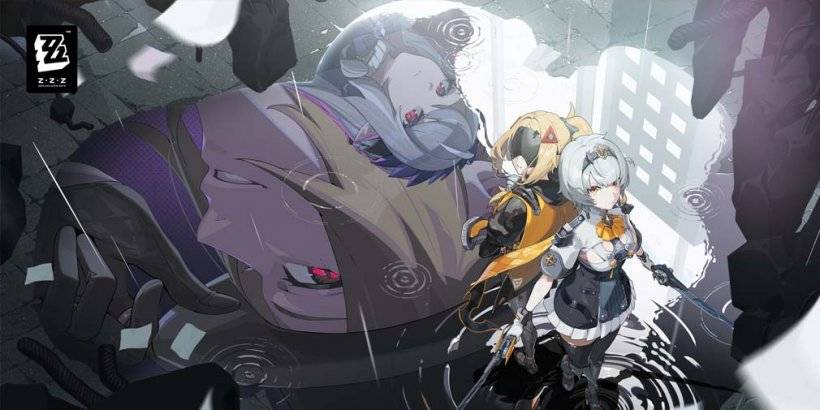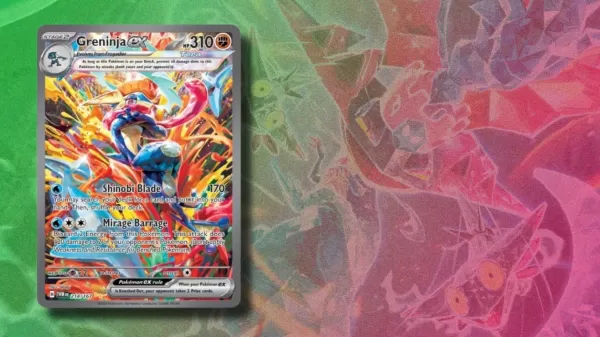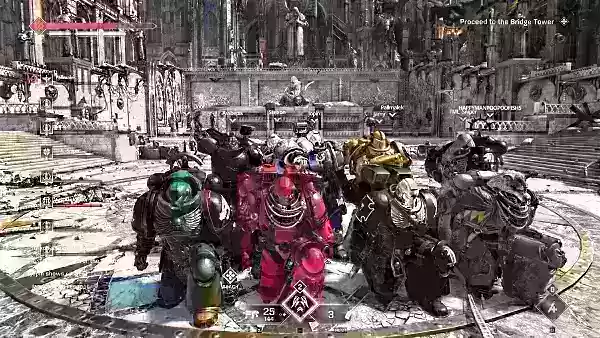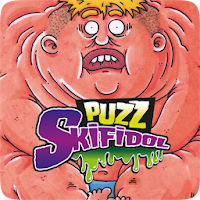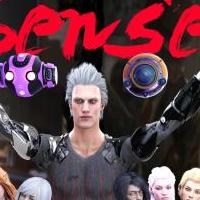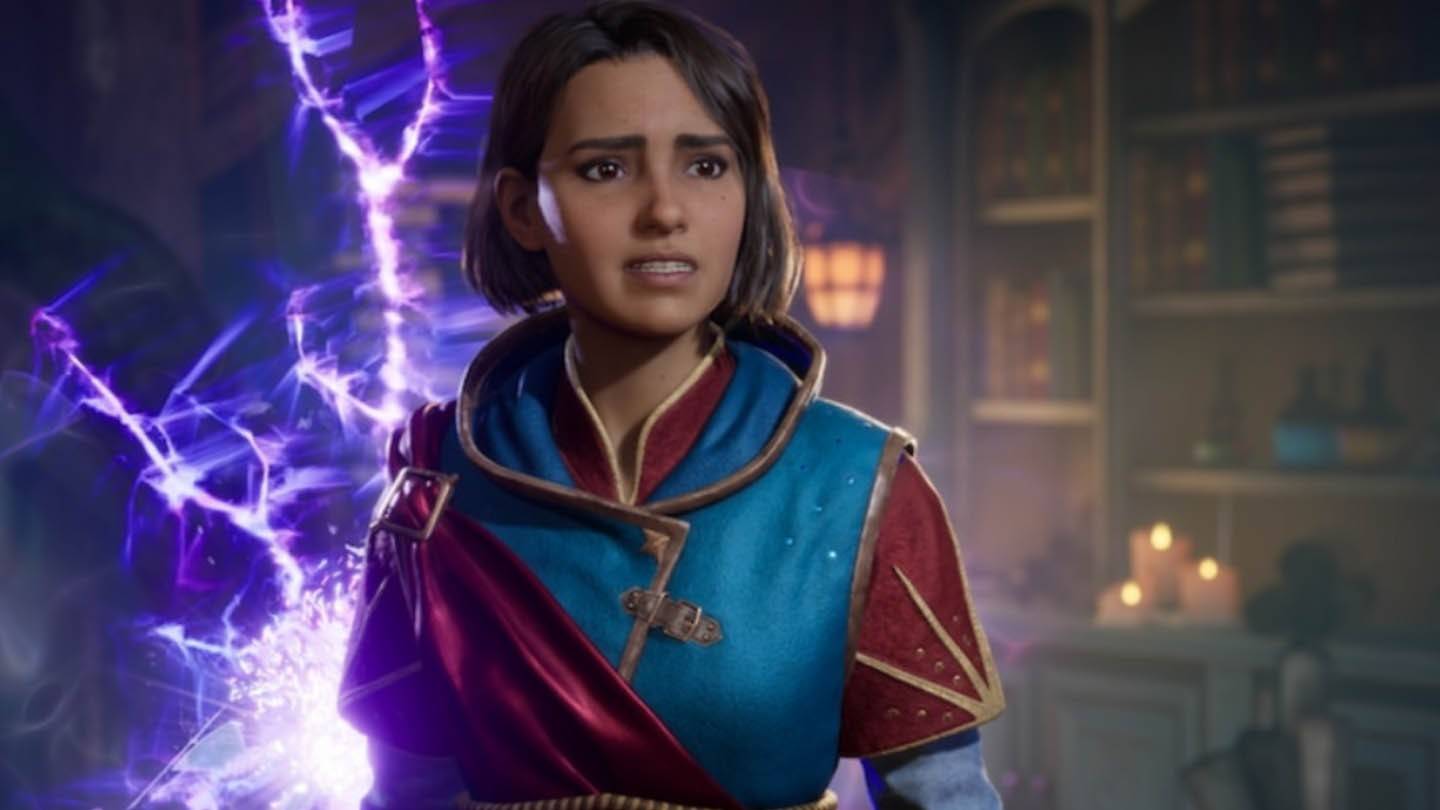
Split Fiction, the eagerly awaited cooperative adventure game from the mastermind behind It Takes Two, has unfortunately succumbed to piracy just days following its official release on March 6, 2025. Launched across various platforms, including PC via Steam, the game quickly garnered the attention of both avid players and hackers.
Despite earning critical acclaim and positive early reviews on Steam, Split Fiction was rapidly cracked by tech-savvy individuals due to the absence of strong DRM (Digital Rights Management) protection. Notably, Electronic Arts chose not to incorporate Denuvo, a commonly used anti-tamper technology, which left the game more susceptible to unauthorized access.
The omission of Denuvo protection made it considerably easier for hackers to circumvent security measures and distribute the game on piracy platforms. Within days of its release, copies of Split Fiction started circulating online, enabling unauthorized users to enjoy the full experience without making a purchase.
This incident underscores the ongoing dilemmas developers face in safeguarding their games from piracy while striving to balance player accessibility and performance. For many gamers, the absence of intrusive DRM systems like Denuvo is considered a welcome move, but it also renders titles more vulnerable to exploitation shortly after their launch.
Crafted by the creative genius behind It Takes Two, Split Fiction has been lauded by critics for its groundbreaking co-op mechanics, compelling storytelling, and vibrant visuals. Early player feedback on Steam mirrors this enthusiasm, with many hailing the game as a commendable follow-up to Josef Fares’ previous work.
The game invites players to embark on a distinctive cooperative journey, featuring ingenious puzzles, heartfelt narrative moments, and dynamic gameplay. Its success among legitimate buyers emphasizes the potential impact of piracy on sales and the developer's revenue.
The decision to forgo Denuvo protection in Split Fiction has reignited discussions about the role of DRM in modern gaming. While some argue that DRM can adversely affect game performance and frustrate legitimate players, others contend it acts as a necessary barrier against piracy.
In the case of Split Fiction, the lack of DRM may have facilitated its quick compromise, prompting questions about whether Electronic Arts underestimated the speed at which hackers could act.

